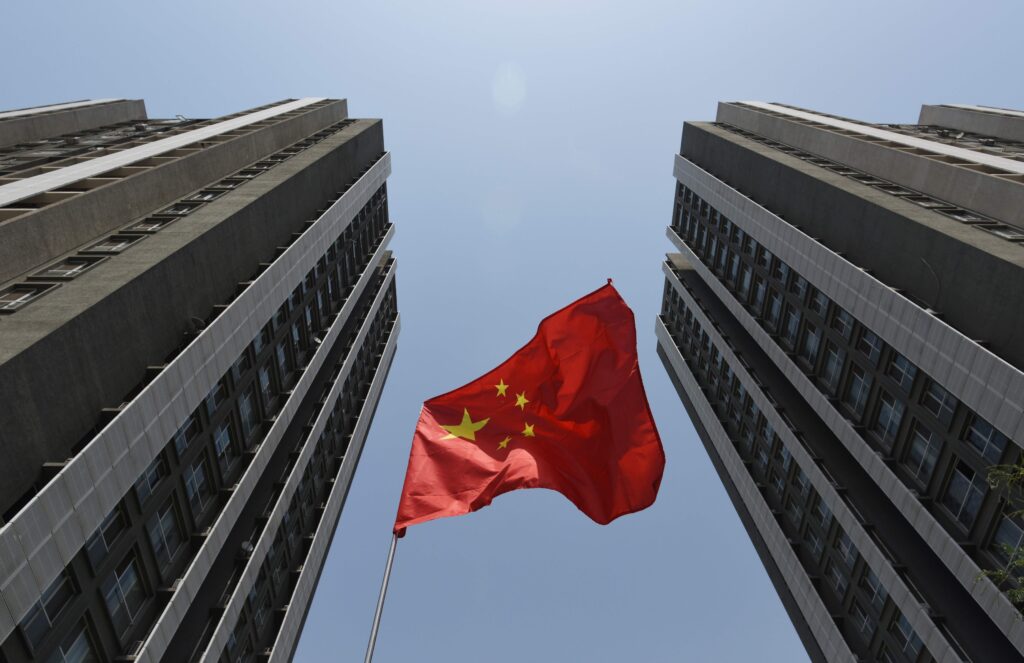In a landmark ruling, a Luxembourg court has decisively rejected Nuctech’s claims that the European Commission’s unannounced raids on its premises were illegal, paving the way for a comprehensive crackdown on Chinese companies suspected of receiving state subsidies that distort the European market. The court’s verdict empowers the commission to request access to sensitive information held outside the EU, including confidential data stored in China, a move that has far-reaching implications for Chinese businesses operating in Europe.
Nuctech, a leading manufacturer of cutting-edge airport and port scanners, had vehemently argued that complying with the commission’s investigation would compel it to violate Chinese laws and compromise sensitive state secrets. However, the court found that Nuctech failed to provide convincing evidence that the requested information contained state secrets or that it had attempted to obtain authorization to disclose it.
This significant decision sends a strong message to Chinese companies operating in Europe, which have long been suspected of receiving clandestine state subsidies that give them an unfair competitive advantage. The ruling clears the way for EU regulators to launch a series of probes into Chinese businesses, potentially leading to hefty fines and reputational damage.
The European Commission’s foreign subsidies regulation (FSR) has been hailed as a powerful tool in the EU’s arsenal, enabling regulators to scrutinize non-EU companies suspected of receiving undeclared state subsidies. With this ruling, the commission can now request extensive information from Chinese companies, including sensitive data stored in China, to determine whether they have received illegal subsidies that distort the European market.
The implications of this ruling are profound, with Chinese companies operating in Europe facing the very real prospect of being forced to hand over internal documents to EU regulators. This could lead to a seismic shift in the competitive landscape, as EU regulators seek to level the playing field and ensure that European businesses are not unfairly disadvantaged by clandestine state subsidies.



